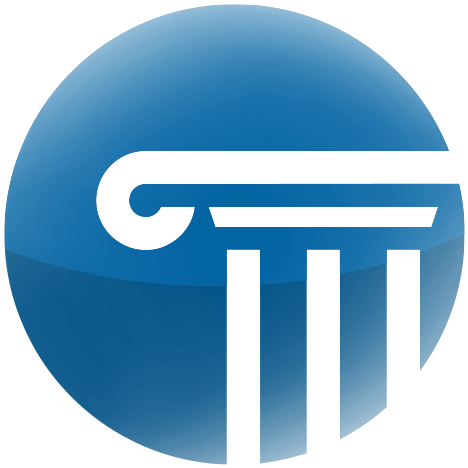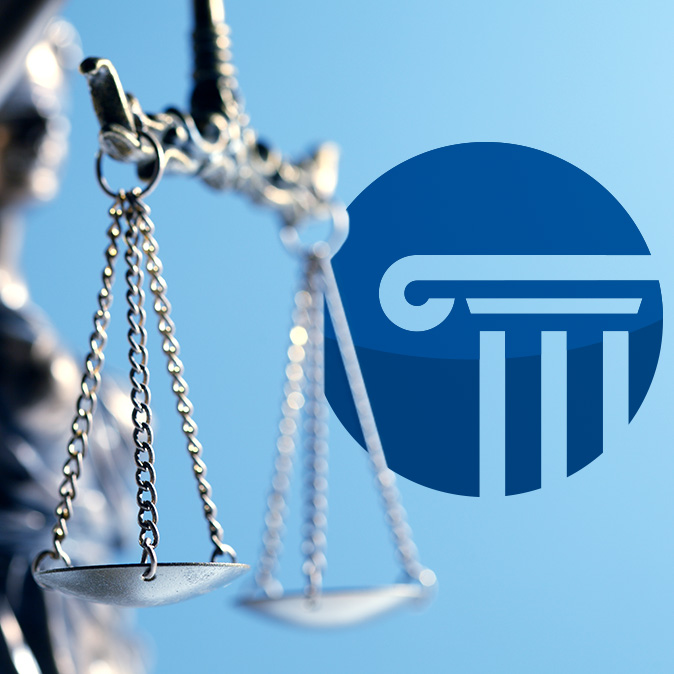
Bankruptcy Means Test in Florida
Find Out If You're Eligible for Chapter 7 Bankruptcy
Before you can file for Chapter 7 bankruptcy, you have to take a means test to determine whether you qualify. Work with our bankruptcy attorney or debt relief lawyer at The Law Offices of David C. Meltzer, PLLC in Jacksonville, Florida. Before the means test, our lawyer will provide you with legal advice to make the process easier.
Retain our counsel today. Contact our firm online to schedule a free initial consultation.
What Does a Means Test Take into Consideration?
If you’re preparing to take the means test to qualify for Chapter 7 bankruptcy, you may be curious about what factors it takes into consideration.
The means test looks at your:
- Income, particularly whether you make more or less than the median income in the United States
- Expenses based on standards for household expenses provided by the IRS
- Debt, including mortgage payments, domestic support, car payments, and student loans
Speak to a Jacksonville means test lawyer at The Law Offices of David C. Meltzer, PLLC by calling (904) 418-7454.



Guidance. Experience. Compassion.
Reviews & Testimonials
Hear what clients are saying about The Law Office of David C. Meltzer, PLLC
-
Made the Process Simple
“I can't say enough positive things about Meltzer Law office.”- Shelly

The Law Office of David C. Meltzer, PLLC Is The Right Choice to a Fresh Start

Learn More About Bankruptcy & Foreclosure
Frequently Asked Questions
-
Bankruptcy is legal process in which a debtor seeks an order of relief from the bankruptcy court. In Layman’s’ terms when someone files bankruptcy, they are asking the court for legal protection from their creditors. This legal protection could be a discharge of debts they are unable to pay or it could be additional time to repay a secured debt. Debtors who pass the means test or do not have a regular source of income are eligible for a discharge under chapter 7 of the bankruptcy code. A discharge is a federal court order that prevents creditors from attempting to collect on a debt. Individuals and Corporations can both file chapter 7 bankruptcy, however only individual debtors can receive a discharge. The most significant issues that arise in chapter 7 bankruptcy cases are the loss of property and the possibility of the court denying your discharge. Very few debtors are denied a discharge by the bankruptcy court.
-
A discharge is typically entered toward the end of a bankruptcy case and is an order signed by a Federal Judge. This order states that the person who filed bankruptcy no longer has any obligation to pay certain debts that were included in the bankruptcy.
-
Almost all debts are dischargeable. Student loans, most taxes, and Domestic Support Obligations cannot be discharged. As a general rule all other kinds of debts are dischargeable.


